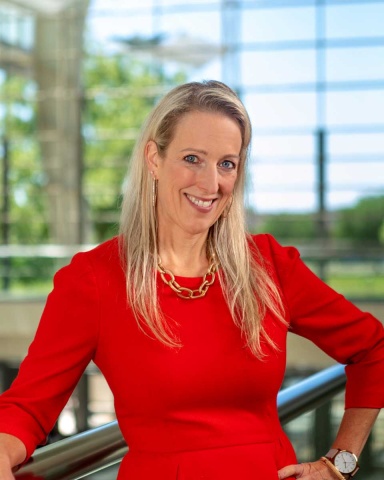We live in strange and unprecedented times. The exponential spread of COVID-19 has created chaos, fear, and panic. One of the scariest aspects of living through this pandemic, besides the health and safety of our families, is our uncertainty about the future. Each of us asked the same questions: How long will it be until we are safe? How long until we can browse through stores, have play dates, attend church, and hug an old friend? Uncertainty leads to isolation, fear, and panic. That fear sends people rushing to the store. Packing our pantries may give us a false sense of control, but it is not the best response morally or economically.
If you are now reading this from your home on one of your many electronic devices, you are likely living in a country better equipped to get through this pandemic. Not all our fellow human beings can say the same. What is the difference? Those of us who live in countries like the U.S. daily experience the benefit of market economies, rather than the command economics marking so many struggling and impoverished nations around the world.
Markets deliver goods and services in a decentralized way. They use prices to direct the activities of consumers and sellers. As a result, market economies are nimble and adapt quickly to changing circumstances.
When we browse grocery store shelves, we are seeing just the tip of a deep and vast iceberg. What we see as consumers is the end of a long series of activities that crosses the globe and requires millions of people—all of whom coordinate peacefully for weeks or months—to bring us the things that we need. There are long, global supply chains behind the neatly stacked toilet paper, butchered chicken, and rows of egg cartons.
On a normal day, we get to take this for granted. Right now, even in the richest countries, that isn’t the case. You may have to go to four grocery stores to find toilet paper, or you may need to visit for several days in a row. This is costly and makes us stay outside the house longer, when we are supposed to “stay inside.”
Hoarding exacerbates the existing supply disruptions. Each time you enter the store and fill your cart, you are sending a message to that supplier: You are voting for the product. Our signals get sent to the producers of toilet paper, chicken, eggs, and other goods. When we hoard, we speed up the signal, and the shelves are left empty. The producer must now act quickly to try to speed up the production process in response to the empty grocery store shelves. But in most cases, this cannot be done instantaneously; it takes time to ramp up production. Because we don’t know the date this virus will be cured, we don’t know how much we need, and producers don’t know how long the increased demand will last. The once-clear signal is now obfuscated because of hoarding.
The lesson here is that refusing to engage in hoarding will keep our stores from selling out. In economic terms, this is known as sending a clear consumer demand signal. Less hoarding will allow everyone to adjust to the new world we live in without unnecessarily exacerbating the disruption of necessities. It will generate the most efficient producer response. More hoarding will lead to greater short-term shortages.
Markets are at their core about cooperative exchange through profit and loss. Hoarding will lead to less cooperation: As we hoard, we send the system into overdrive. But scarcity will always be our reality, and scarcity requires that we ration resources. Prices allow us to do this.
The best bet against hoarding is to allow prices to rise. Rising prices slow consumption and allow producers to respond, because they have the incentive (through the new price signal) to earn elevated, short-term profits. Make no mistake: This is not an endorsement of “price-gouging.” Rather, rising prices are a natural response to increased demand. These price increases are the very thing that will induce producers to make more of the supplies we all want. As more producers rush to fill the demand, prices will return to normal, or perhaps even lower, than before the outbreak.
There are both economic and moral benefits to this system. In fact, the economic benefits are moral. Markets are necessarily humanitarian in that they deliver necessities to people who lack them. Markets increase access and affordability and, in this, they are egalitarian.
Keep in mind, that while our shelves in the U.S. empty daily, they also refill daily. Compare this with socialist economies, where the shelves are permanently bare. Markets allow us to coordinate with our neighbors peacefully and extend the fruits of our labor to others. We need this now more than ever.
Featured image by Ingrid Cold. (CC BY-SA 2.0). Image cropped.








